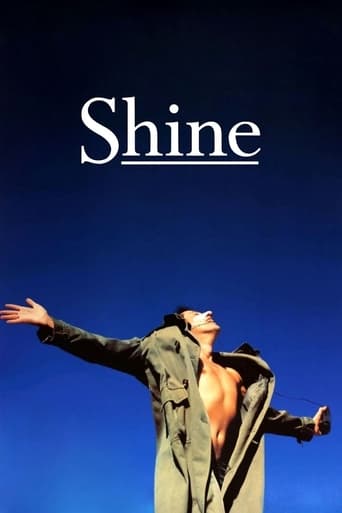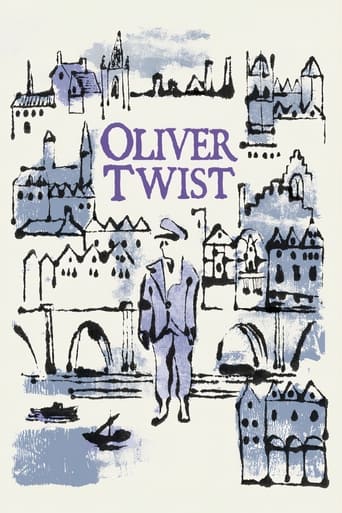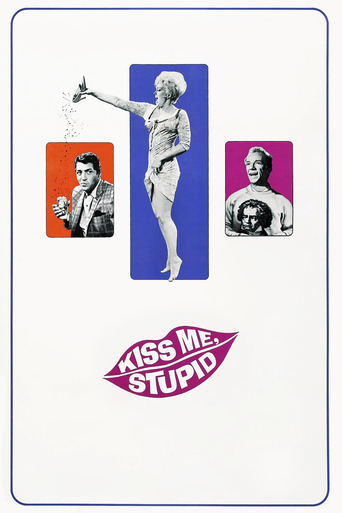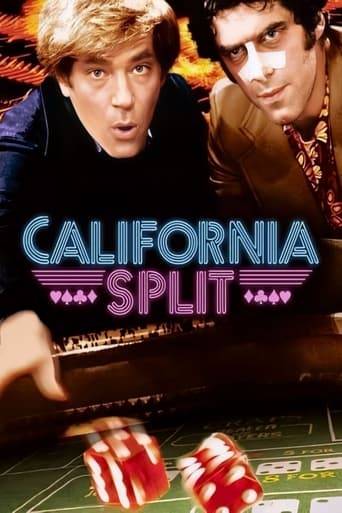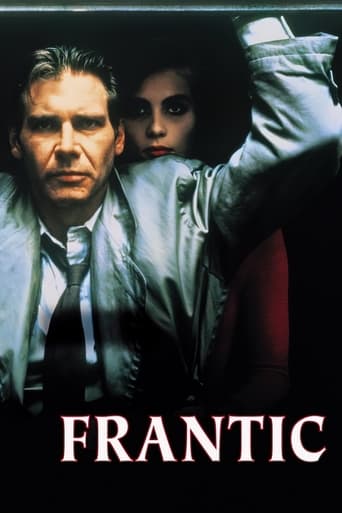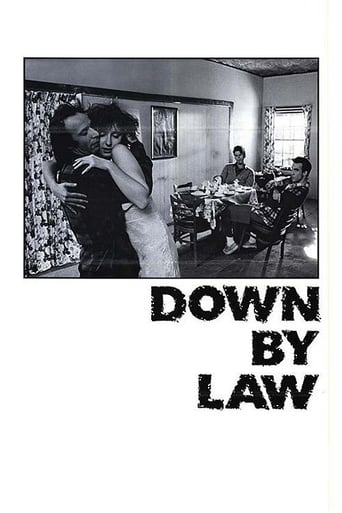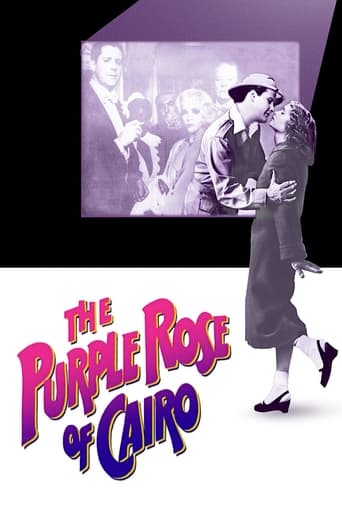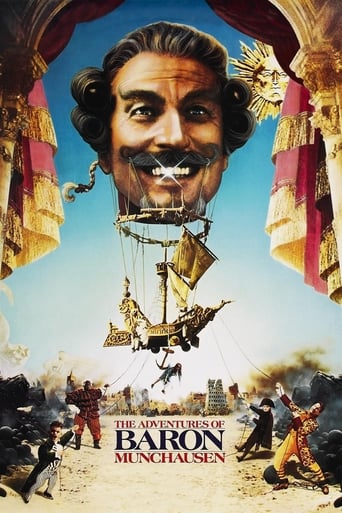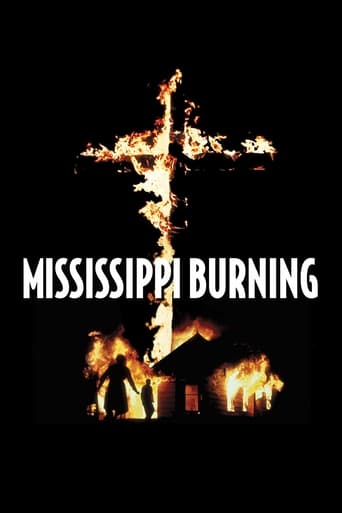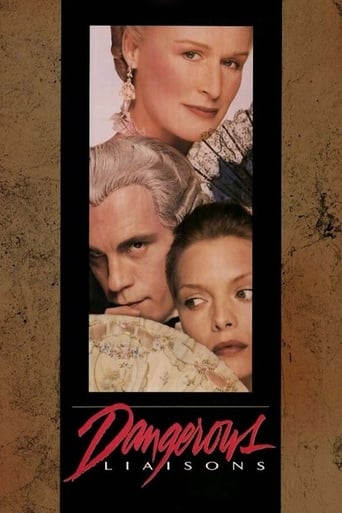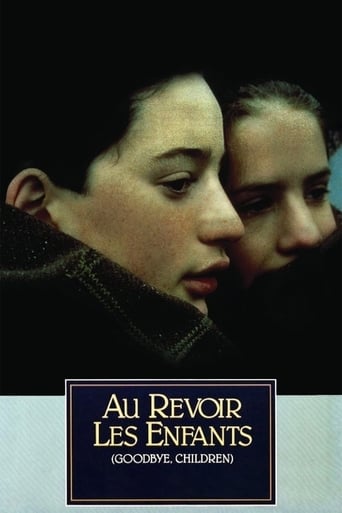


Au Revoir les Enfants
Au revoir les enfants tells a heartbreaking story of friendship and devastating loss concerning two boys living in Nazi-occupied France. At a provincial Catholic boarding school, the precocious youths enjoy true camaraderie—until a secret is revealed. Based on events from writer-director Malle’s own childhood, the film is a subtle, precisely observed tale of courage, cowardice, and tragic awakening.
-
- Cast:
- Gaspard Manesse , Raphael Fejtö , Francine Racette , Stanislas Carré de Malberg , Philippe Morier-Genoud , François Berléand , François Négret


Similar titles
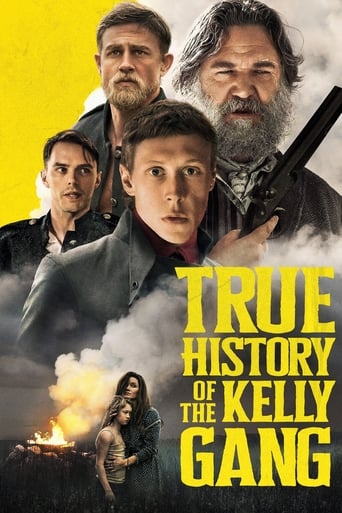
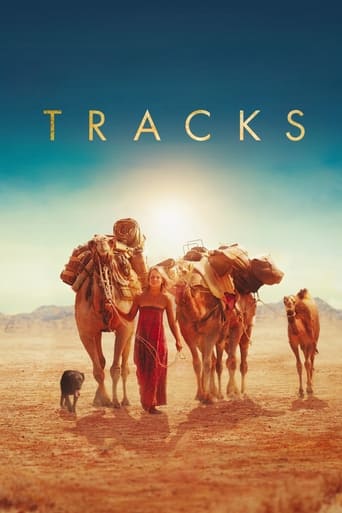
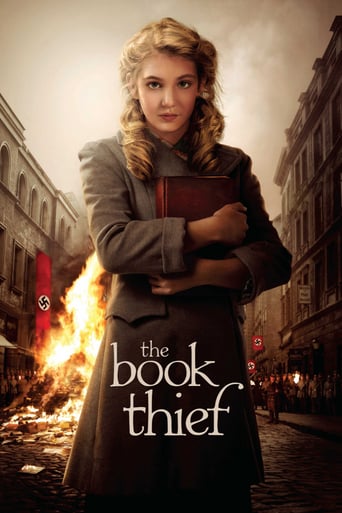
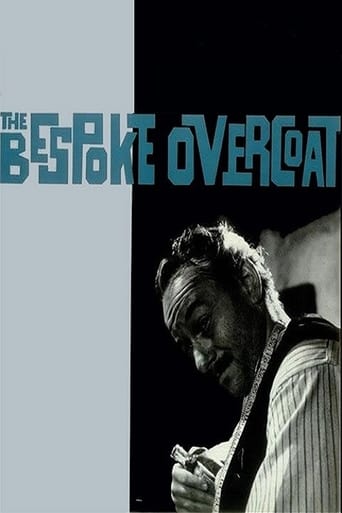

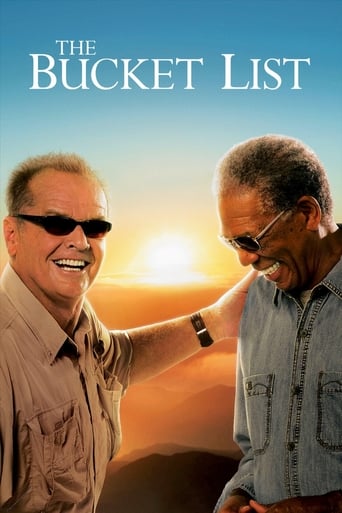
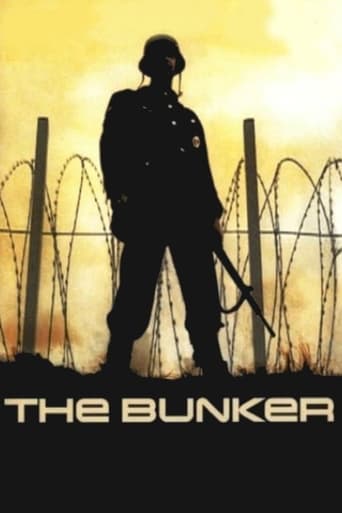
Reviews
Sadly Over-hyped
Powerful
hyped garbage
Fun premise, good actors, bad writing. This film seemed to have potential at the beginning but it quickly devolves into a trite action film. Ultimately it's very boring.
After a few years making movies in the United States, Louis Malle returned to his native France and made "Au revoir les enfants", based on his memories of growing up in Nazi-occupied France. The movie focuses on the friendship between two boys in a Carmelite boarding school, one of whom is keeping his real identity secret.A particularly effective scene is in the restaurant. There are some Wehrmacht officers at a table, but they keep to themselves. Then the Milice enters and orders a Jewish patron out of the restaurant. The Wehrmacht officers then order the Milice to leave. This emphasizes not only the role of the Vichy government, but also the role of the collaborators in every country that Germany occupied.I haven't seen all of Malle's movies, but this is probably the best of his movies that I've seen. The final scene has to be one of the most chilling in cinema history. I recommend the movie.
Upon the first viewing of Au revoir les enfants, we are as engrossed into the mystery of Jean Bonnet as the young Julien Quentin is. And on a second viewing, the little clues become a great deal clearer, and we are able to piece together the puzzle a little quicker than the inquisitive young boy. But of course the modern older viewer has the frame of context and knowledge that Julien does not have - he knows the telltale signs of a Jew, but cannot figure out why they are hunted and persecuted so diligently, when all he sees is one of his close friends. And so the entire film is tinged in regret; even as Jean reminds him that he would have been caught anyway, we feel the chain of events that lead to that monumental morning being so painful to remember, and that one fatal glance that led to a death on his hand. Louis Malle works with his memories and experiences, and here he has crafted a group of young schoolboys so reminiscent and convincing. He has captured that remarkable knack and ability of young boys to be able to hastily create relationships out of nothing, sever them, and hastily mend them all over. They pipe up at any opportunity to make a joke on someone else's behalf, and take playful violence to the limit, and are all friendly the next day. And any child would remember cheering whenever they got a break from school-work - here it is within the grim context of air raids, but they cheer anyway, and when the teacher starts a prayer, they all instinctively join in. Why this succeeds is that Malle does not overdo the World War 2 setting; these boys certainly do not take the war so seriously, so he takes on that viewpoint. They playact as knights on stilts and knock each other over as real soldiers fight, but it might as well be another day for them. They trade books with dirty stories in them, and cackle at a rare viewing of Chaplin. When a German soldier stands up to a French collaborator in the restaurant and the whole establishment rallies around an elderly Jewish customer, there is an sinister undercurrent about it, but this is viewed through the innocent lens of Julien, who seems to know that what is happening is bad, and instinctively covers for his Jewish friend, but does not understand why being Jewish is bad thing. He is at the centre of the narrative, at the tender age where he is still a mummy's boy, but like many blossoming teenagers puts on a braver, cooler front: indeed his first lines to Jean are a thinly veiled threat to not mess with him. He has little moments of cheekiness and intelligence, bartering his mother's jam and pretending to drown in the bathtub to avoid the wrath of taking too long. And there is a subplot of his uncertainty around his future aspirations that links towards the courageous actions of the priest Père Jean; mentors whisper that he does not quite have the calling of priesthood, and his mother coddles and suggests taking on the same occupation as his father in engineering, and in the same vein his piano playing is not quite up to scratch, so he is recommended taking up violin. But he does have those same qualities as Père Jean anyway. A bitter Joseph mocks him for being so pious and generous when it is war and it is every man for himself - "They're just Jews," he spits outs. But it is the rejection of this statement by Julien that rings so true and brave - it is in those small acts of defiance, and those brief friendships that shine brightly in the darkness of the Holocaust, that our humanity remains.
I was so intrigued and touched by the Au Revoir Les Enfants movie that I researched the facts behind it. While browsing the internet, I found the NYT article dated 2/7/88 and titled "Malle Confronts Haunting Memory" which was written by Richard Bernstein. This NYT article examined the interesting facts surrounding director Louis Malle's school experiences at Petit College d'Avon. It also revealed the historical facts and names behind the real life characters who are depicted as Jean Bonnet, Negus, Jacques Dupre, and Pere Jean in the Au Revoir Les Enfants movie. About 43 or 44 years later,director Louis Malle found the courage to write and share his gamut of profound emotions on the silver screen about his experiences with his beloved former Petit College d'Avon colleagues and French school headmaster who still tugged indefinitely at his heart strings despite the passage of time.
It took Louis Malle over forty years to write and direct this autobiographic coming-of-age story, in which he recalls an extraordinary moment from his childhood in Nazi occupied France when he betrayed, with an involuntary glance, a Jewish classmate attending his Catholic boarding school under an assumed name. The setting is a cloistered adolescent world of petty cruelties, minor triumphs, and a few not-so-childish secrets, with hardly a false note throughout. Even after four decades the details are crystal clear, showing none of the distortions or exaggerations of memory; every virtue of the film is so well balanced that each one is virtually invisible. The story is disarmingly simple and straightforward, and yet in its own restrained, undemonstrative way the final impact is heartbreaking. There is no gunfire, no bloodshed, no violence, but Malle reminds us that sometimes, on an all too personal level, the consequences of warfare are no less lethal for being so quiet.

